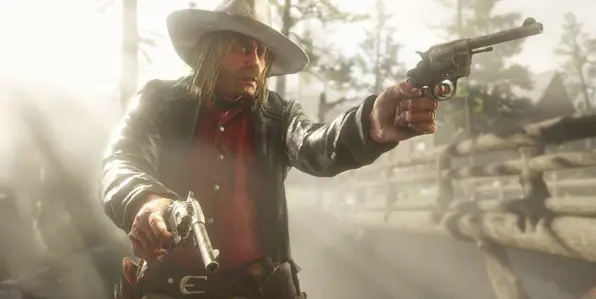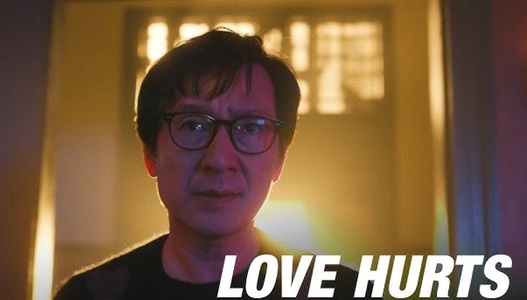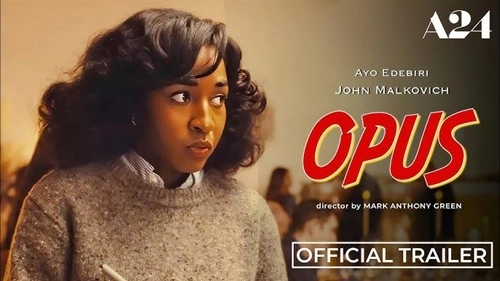Red Dead Redemption 2, developed by Rockstar Games, offers a complex narrative set in the waning days of the American Wild West. Central to its story is the intricate relationship between Dutch van der Linde, the charismatic leader of the Van der Linde gang, and Micah Bell, a cunning and treacherous member. The climax of their tumultuous association culminates in Dutch’s decision to shoot Micah, a moment that has sparked extensive analysis and debate among players and critics alike.
The Evolution of Dutch and Micah’s Relationship
Initially, Dutch van der Linde is portrayed as a visionary leader, advocating for freedom and loyalty among his gang members. Micah Bell, introduced later, quickly becomes a trusted confidant of Dutch, influencing his decisions and sowing discord within the group. Micah’s manipulative nature and ambition lead to internal strife, particularly with Arthur Morgan, the gang’s protagonist. As the narrative progresses, Dutch’s judgment becomes increasingly clouded, largely due to Micah’s influence, resulting in a series of disastrous decisions that erode the gang’s cohesion.

The Revelation of Betrayal
A pivotal moment occurs when it’s revealed that Micah has been acting as an informant for the Pinkerton Detective Agency, betraying the gang to save himself. This betrayal leads to the deaths and capture of several gang members, marking the beginning of the end for the Van der Linde gang. Despite mounting evidence of Micah’s treachery, Dutch remains in denial, blinded by his deteriorating mental state and misplaced trust.
The Climactic Showdown
The game’s epilogue, “American Venom,” brings the lingering tensions to a head. John Marston, alongside Sadie Adler and Charles Smith, tracks down Micah to a mountain hideout. During the ensuing confrontation, Dutch unexpectedly emerges, creating a tense standoff. In a surprising turn, Dutch shoots Micah, allowing John to deliver the fatal blow. This act raises questions about Dutch’s motivations and the factors leading to his decision.
Analyzing Dutch’s Motivations
Several interpretations have been proposed to explain Dutch’s decision to shoot Micah:
- Realization of Betrayal: Some suggest that Dutch finally acknowledges Micah’s betrayal and his role in the gang’s downfall. By killing Micah, Dutch seeks a form of redemption for his earlier failures.
- Guilt and Redemption: Others argue that Dutch’s actions stem from guilt over the destruction of the gang and the deaths of loyal members like Arthur Morgan. Shooting Micah serves as an attempt to atone for his misguided leadership.
- Self-Preservation: Another perspective posits that Dutch acts out of self-preservation, recognizing that aligning with Micah is no longer tenable and that eliminating him is necessary for his own survival.
Thematic Implications
Dutch’s decision to shoot Micah underscores the game’s exploration of themes such as loyalty, betrayal, and the quest for redemption. It highlights the tragic trajectory of a leader whose ideals become corrupted, leading to the disintegration of the community he sought to build. This moment also reflects the harsh realities of the outlaw lifestyle, where trust is fragile, and betrayal can have fatal consequences.
Conclusion
Dutch van der Linde’s decision to shoot Micah Bell serves as a poignant conclusion to their complex relationship, encapsulating the broader narrative of Red Dead Redemption 2. This act, whether driven by realization, guilt, or self-preservation, offers a multifaceted exploration of character and morality within the game’s richly crafted world. As players reflect on this climactic event, it prompts deeper consideration of the intricate dynamics of loyalty, betrayal, and the elusive pursuit of redemption in the fading twilight of the Wild West.



